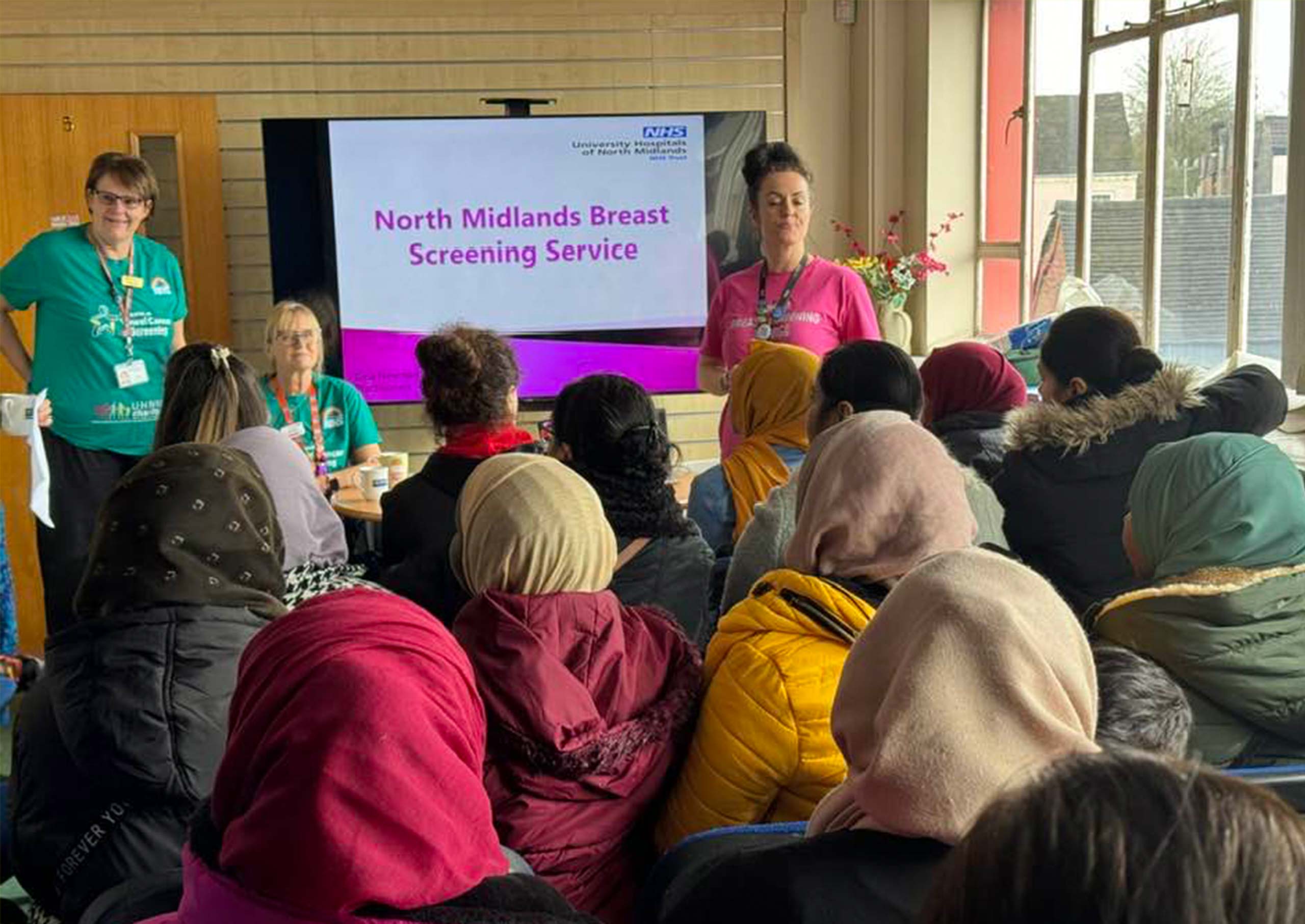Breast cancer screening is a crucial part of women’s healthcare, and for those between the ages of 50 and 71, it’s a regular, automated process.
Women in this age bracket receive invitations every three years under a national programme. Each GP practice is targeted on a rotating basis, ensuring all eligible women are invited. Despite these efforts, 2016 marked a ten-year low in the uptake of routine breast screening invitations in the UK, particularly among first-timers.
Leveraging Facebook for Better Engagement
Facebook, the most commonly used social media platform among women eligible for screening, presents a unique opportunity to address this decline. Historically, first-time invitees have been less likely to attend their screening appointments. However, through strategic use of social media, particularly Facebook, we can reach these women and emphasise the importance of early detection through regular screening.
By utilising Facebook, we engage with “hard to reach” and “perpetual non-attendees” who might otherwise avoid contacting the service. This is facilitated by encouraging direct messaging to our Facebook page, allowing women to maintain a level of anonymity. This form of interaction helps break down barriers, fostering positive conversations and enabling women to make informed decisions about their health.
Our Facebook Engagement Strategy
We use Facebook to target each GP practice when eligible women are due for screening invitations, preparing them for their letters. This approach ensures that screening information is effectively disseminated to specific areas, maximising reach.
Regular updates on breast awareness information encourage engagement and guide women on the correct pathways to services. Notably, there’s a misconception among women over 70 about their eligibility for breast screening. Each post addresses this, ensuring accurate information is widely shared.
Moreover, peer-to-peer encouragement on Facebook has significantly impacted “hard to reach” women. They can engage while preserving their anonymity, which is crucial for fostering trust and openness.
Our posts are also shared by various health inclusion groups, such as Trans Staffordshire, Reach at Asist, and the Carer’s Hub, further amplifying our reach and impact.

Positive Outcomes from Facebook Engagement
The UK National Screening Committee has set targets for the breast screening service: a 70% minimum standard and an 80% national target. By targeting selected GP practices with a digital approach, we’ve seen notable improvements. All targeted practices reported increased overall uptake and higher attendance among first-timers, reversing the national ten-year decline.
Women who previously did not attend their appointments (DNA) have reached out via Facebook. Through this communication, we’ve been able to reschedule and ensure their attendance at breast screening appointments.
Feedback from Our Followers
Our digital communication has garnered positive feedback from our followers. Here are some of their responses:
“Yes, seeing your post made me think about breast awareness, and that’s what made me contact you. At first, I hesitated because I was outside the Leek area you mentioned, but I figured the worst you could say was you couldn’t help. The quick response was encouraging, and I’ve now made an appointment for next week. I’ve also discussed this with my colleagues and shared your link with them to raise awareness. Thanks again for your help.”
“I saw the post and realised mum was due for screening but hadn’t heard anything from the doctors, so we got in touch, which was very easy. We’ve both discussed that neither of us were particularly aware and rarely or never checked ourselves, so we’ve definitely become more aware now.”
“It certainly got myself, my family, and my friends chatting about screening and checking. I think personally, ladies are more likely to check themselves after seeing social media or TV ads nowadays. I know my adult daughter and her friends talk about cervical screening and aren’t afraid of it. People are becoming more body-aware.”
Challenges of Social Media
While our Facebook engagement has been largely successful, there are challenges:
- Extending our reach to diverse areas with low screening uptake that do not engage with our Facebook page.
- Engaging with women who do not have access to social media.
- Addressing negative comments posted on our page.
Outcomes and Future Directions
In 2016, the proportion of eligible women in North Staffordshire taking up routine breast cancer screening invitations fell to its lowest rate in ten years. To combat this, the local Breast Cancer Screening service set up a Facebook page to promote the service. This page allows for interaction with users, providing essential information about eligibility, access, and screening dates. It also helps alleviate concerns by enabling women to have conversations with us before their appointments.
Our efforts have paid off. Breast screening rates in North Staffordshire increased from 71% in 2016/17 to 75% in 2017/18. By targeting specific geographical locations and age groups, we ensure relevant information reaches women of screening age. This approach, implemented across seven GP practices, has shown that increasing coverage rates among first-time invitees is possible.
Conclusion
The North Midlands Breast Screening Service has successfully utilised Facebook to improve patient engagement and breast screening rates. By targeting specific communities and addressing misconceptions, we’ve fostered positive health behaviours and empowered women to take charge of their health. As we continue to face challenges, our commitment to leveraging digital tools for better health outcomes remains steadfast.
Blog by Gina Newman. Gina is dedicated to improving women’s health through innovative digital engagement strategies. She believes that informed, empowered women are the key to better health outcomes and is committed to making breast screening accessible and approachable for all eligible women in the North Midlands.


